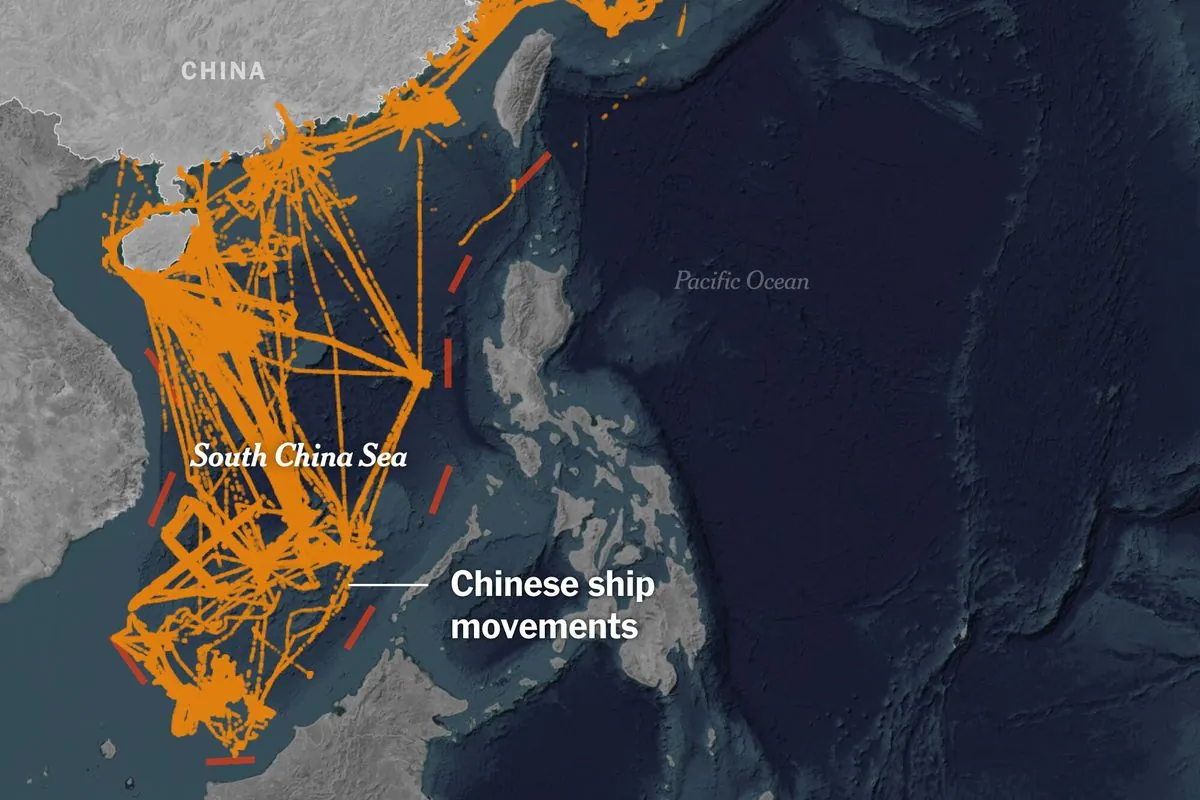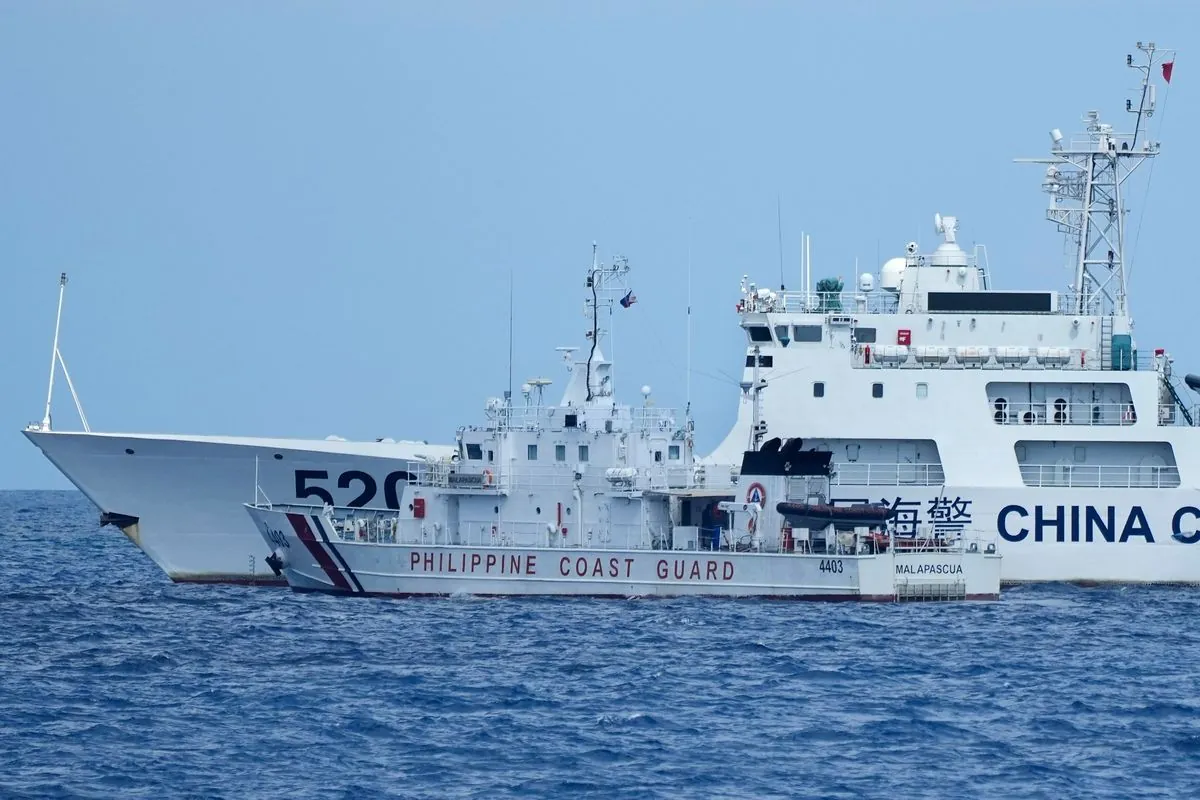20-Nation Summit Planned to Address China-Philippines Tensions in South China Sea
A summit of 20 nations is set to address China's actions in the South China Sea during the UN General Assembly. The Philippines seeks international support amid escalating tensions with China.

In a significant diplomatic move, a summit involving at least 20 nations is scheduled to take place on the sidelines of the United Nations General Assembly in New York. The gathering, set for the week of September 22, 2024, aims to address the ongoing confrontation between China and the Philippines in the South China Sea.
Jose Manuel Romualdez, the Philippine ambassador to Washington, emphasized the importance of international solidarity in addressing China's actions. He stated, "The more countries band together and give a message to China that what they're doing is definitely not on the right side of history, then we have a better than even chance that they will not make that wrong move that we're all fearing."
The South China Sea, a marginal sea of the Western Pacific Ocean, has been a hotbed of territorial disputes for decades. China claims almost the entire area under its "nine-dash line" policy, conflicting with claims by the Philippines, Vietnam, Malaysia, Brunei, and Taiwan. The region's significance extends beyond territorial concerns, as it is rich in natural resources and serves as a crucial shipping route for approximately one-third of global maritime trade.
Recent incidents have escalated tensions between China and the Philippines. In June 2023, a violent clash occurred between Chinese and Filipino vessels, resulting in injury to a Filipino sailor. Romualdez reported that as of September 2023, about 238 Chinese ships or militia vessels were swarming the disputed area daily.

The international community has responded to these developments. Australia and Japan have criticized China's "dangerous and coercive" acts against the Philippines, while India and Singapore have called for a peaceful resolution without the use of force. These reactions align with the 2016 ruling by an international tribunal, which rejected China's claims in a case brought by the Philippines under the United Nations Convention on the Law of the Sea (UNCLOS).
The Philippines is pursuing a dual approach to address the situation. While seeking diplomatic solutions, the country is also working to strengthen its alliances. Romualdez explained, "We also have to continue to try and find ways and means to be able to strengthen our alliances." This strategy is supported by the long-standing Mutual Defense Treaty between the Philippines and the United States, dating back to 1951.
The upcoming summit represents a crucial step in multilateral efforts to address the South China Sea dispute. As the international community gathers to discuss this pressing issue, the world watches closely to see if diplomatic pressure can influence China's actions in this strategically important region.
"As of today, they have about 238 (Chinese) ships or militia vessels swarming in the ... area, and they continue to do this day in and day out."
The South China Sea's importance extends beyond geopolitics, as it is home to over 3,000 species of fish, highlighting the ecological significance of resolving this dispute peacefully. As nations prepare for the summit, the international community remains hopeful that diplomatic efforts can pave the way for a peaceful resolution to this complex and long-standing conflict.


































